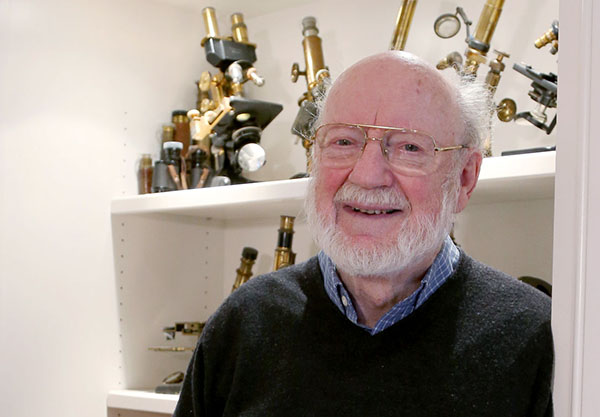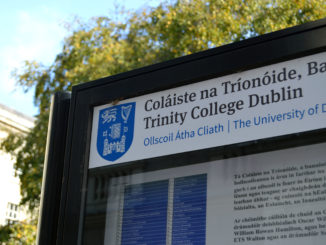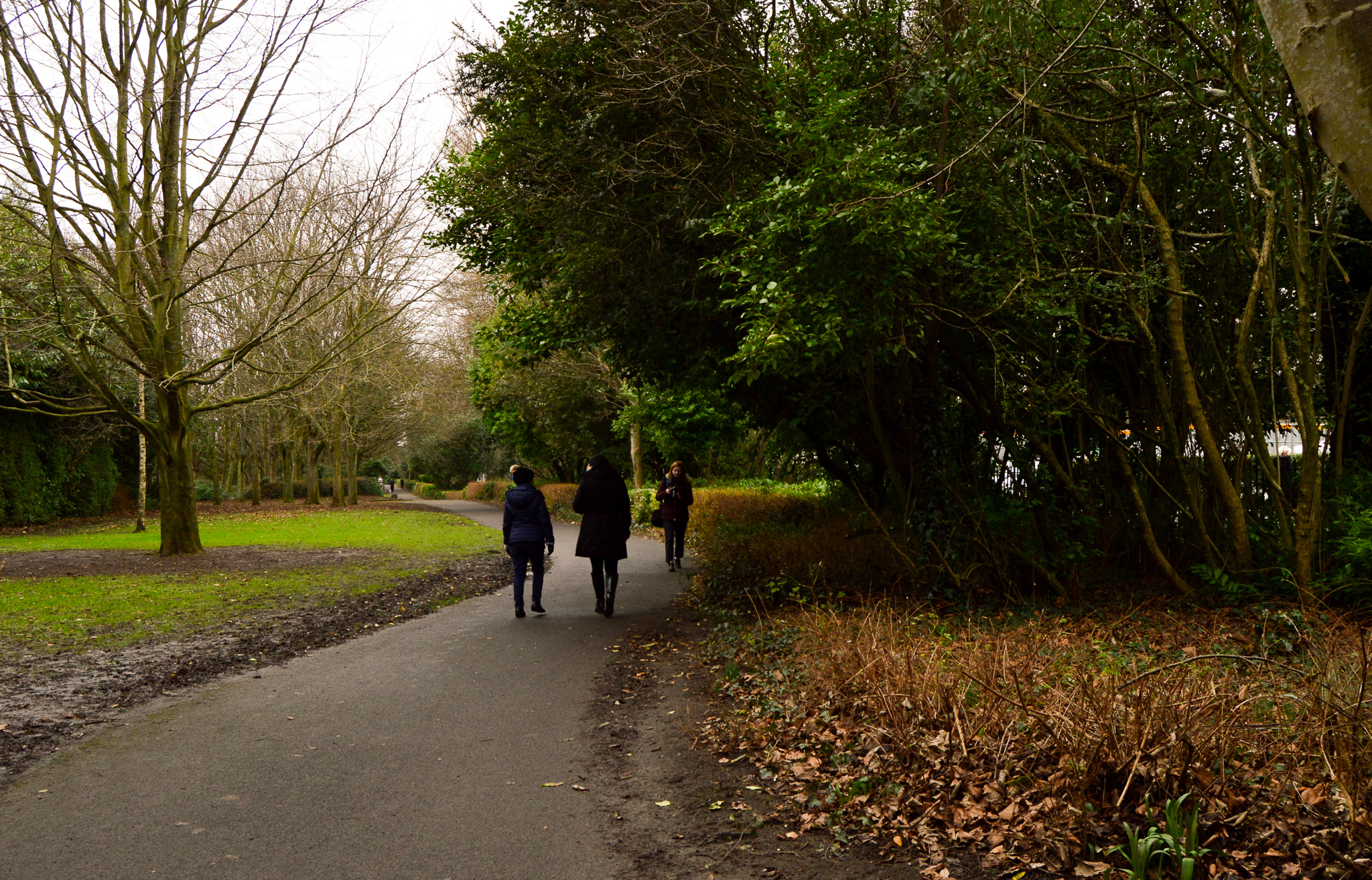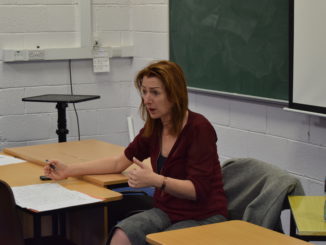
[dropcap]T[/dropcap]rinity graduate and Nobel Prize winner Professor William Campbell was honoured at his alma mater on September 30.
Professor Campbell, a graduate of the 1952 class, began his work in parasitology at Trinity where he studied zoology.
This work eventually led to his development of the drug Ivermectin, a very successful treatment for river blindness that has almost eradicated the parasite-caused disease and the means for Campbell’s 2015 Nobel Prize award in medicine.
Trinity Provost Dr Patrick Prendergast, praised Campbell’s work at a special reception put on for the Trinity graduate’s visit, stating that “the best way to honour Bill is to honour the area of research to which he has devoted his scientific career.”
Dr Prendergast then proceeded to announce the William C. Campbell lectureship in parasite biology, a new lectureship held in the discipline of zoology with Trinity’s school of natural sciences in honour of Campbell’s work.
TCD is hoping to fill this lectureship position with another talented parasitologist.
Professor Campbell said he was delighted to see that parasitology still “flourishes” at his alma mater and joked about his work in the field saying, “I just think [worms] are wonderful, they have incredible diversity and in fact I have no problem reconciling the fact that I love worms, but have spent half my life trying to kill them.”
Professor Campbell is originally from Ramelton, Co. Donegal, but currently resides in North Andover, Massachusetts in the United States.
TCD Director of Public Affairs and Communications Thomas Molloy described how inspiring Campbell’s visit was to Trinity and Irish students in general.
“You truly did feel you were in the presence of something special,” said Molloy of Campbell’s visit.
He also spoke of Campbell’s Nobel recognition reflecting the fact that good research and results needs patience, something he hopes will resonate with all students.
“It took a long time for Campbell’s research to come together and have the incredible results that it did, and I would hope that students, the government, and the public all realise that research is a slow business, but the results can be very powerful,” said Molloy.
Kyle Ewald
Image Credit: Mary Schwalm




Leave a Reply